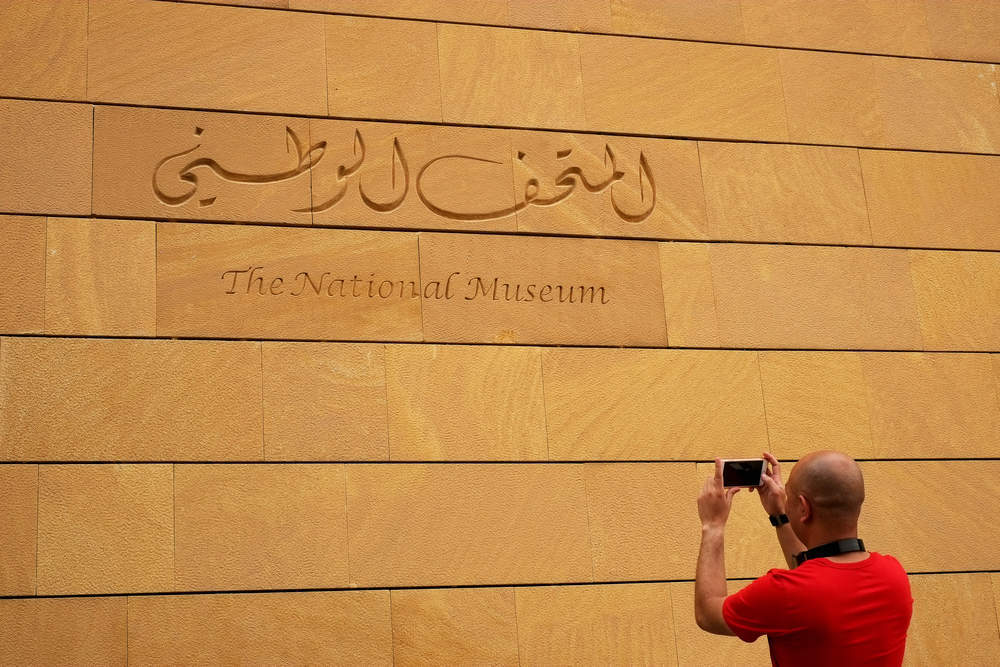Saudi Arabia seems ready to open its doors to tourists, hoping to rival Dubai as a tourism hotspot. In particular, the Kingdom is planning to issue tourist visas for the first time, with officials saying that they will “hopefully be introduced in 2018”.
Though Saudi Arabia is the biggest economic power in the Middle East, with interesting culture and many ancient sites to visit, the country is rarely found on the bucket list of travellers.
The Kingdom is heavily criticised for its human rights record, while the strict implementation of Sharia puts off many foreigners from wanting to visit it.
Until last September, women were not allowed to drive, while alcohol, gambling, and certain types of entertainment such as cinema are banned.
Most importantly, tourists are not able to visit since tourist visas do not exist.
Currently, the country issues visas only for business purposes, as well as for people visiting family or friends, and Muslim pilgrims who want to visit holy sites such as Mecca.
How well do you really know your competitors?
Access the most comprehensive Company Profiles on the market, powered by GlobalData. Save hours of research. Gain competitive edge.

Thank you!
Your download email will arrive shortly
Not ready to buy yet? Download a free sample
We are confident about the unique quality of our Company Profiles. However, we want you to make the most beneficial decision for your business, so we offer a free sample that you can download by submitting the below form
By GlobalDataWhile the country receives a substantial number of visitors – international arrivals to Saudi Arabia totalled 19.3m in 2016 according to GlobalData – arrivals are restricted to resident workers and their families, pilgrims and business people, a fact that points out the untapped tourism potential of the Kingdom.
The plans to start admitting foreign tourists are part of the country’s so-called Vision 2030 which underlines the efforts of Saudi Arabia to diversify its economy and find new sources of revenue in order to be prepared for the post-oil era.
Over the past years, several sectors of the Saudi economy have been neglected, as the country was focusing all its energies on the oil sector.
However, the record low oil prices of the past years have exposed the country to a number of challenges, including a budget deficit.
The government has set an ambitious target, aiming to attract 30m visitors a year by 2030. To do so, it has already started investing in several projects that will boost its tourism infrastructure.
One of the most prominent ones is the so-called Red Sea project, which aims to turn a large area of the country’s Red Sea coast into a luxury destination.
The project will cover 50 islands and 150 kilometres of untouched coastline and it will involve the building of new hotels, residences and an airport. Construction is expected to begin in 2019.
The authorities argued that the designated tourist area will be “governed by laws on par with international standards”.
Though it is not clear what this statement actually means, it is expected that the government of Saudi Arabia will relax rules in this area, by introducing looser alcohol laws, as well as restrictions on women and gender segregation.
The decision to introduce more relaxed laws only within a specified area located far from key cities of the country seems to address the concerns of the local population – at least for now – about being influenced by Western values.
Though the project seems promising and is expected to create thousands of jobs and generating valuable income, relaxing laws only within a designated tourism area does not mean that the public’s widespread perception of Saudi Arabia as an ultra-conservative regime will change over night.
Contrarily, the belief that Saudi Arabia is a nation with an extremely unfavourable attitude towards women and LGBT people, will still deter many tourists from visiting the country, suggesting that the Saudi Kingdom will not become another Dubai – at least in the medium-run.







